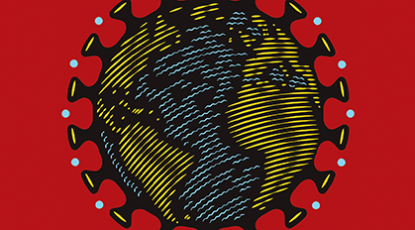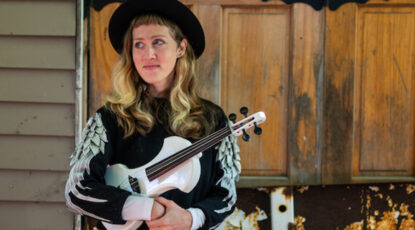Education & Society
-
State House proposal would slash budget for Ann Arbor campus
A Michigan House committee moved forward a higher-education budget bill May 5 that would radically change state-funding for U-M Ann Arbor, including a loss of some $40M in the next fiscal year.
-
Detroit: Olympic city?
The fate of the delayed 2020 Tokyo Olympic Game seems more uncertain than ever due to the pandemic. Detroit has long sought to host the games. Will it ever happen?
-
People gave up on flu pandemic measures a century ago – and paid a price
The deadly third wave of the 1918 flu shows what can happen when society prematurely returns to pre-pandemic life, a medical historian cautions.
-
Toddler with spina bifida meets paralympian: “She has crutches like me”
A young patient’s reaction to a commercial featuring gold medalist and double amputee Jessica Long goes viral, leads to a Zoom introduction.
-
Who has a right to ask if you’re vaccinated?
Why a false controversy about vaccine privacy and “passports” threatens to prolong the pandemic.
-
How countries on five continents may shape future of health policy via pandemic
Russian author Tolstoy once wrote, “Happy families are all alike; every unhappy family is unhappy in its own way.” That sentiment can be applied to countries’ responses to COVID-19, say U-M researchers.
-
New ways to help older adults self-manage pain
Providing underserved older adults with mobile health tools and the support of community health workers to help navigate local resources could help them better manage their pain, researchers say.
-
Giving music: Alum shares violin and life lessons
Clara Hardie, U-M grad and Detroit resident, co-founded Detroit Youth Volume in 2010, a mixed-income Suzuki violin program that offers scholarships and extra support for lower income students seeking classical music training.
-
The perfect (chatter) storm
Using real case studies to explain behavioral and brain research, psychologist Ethan Kross reveals how that voice in our heads shapes our lives, work, and relationships.










